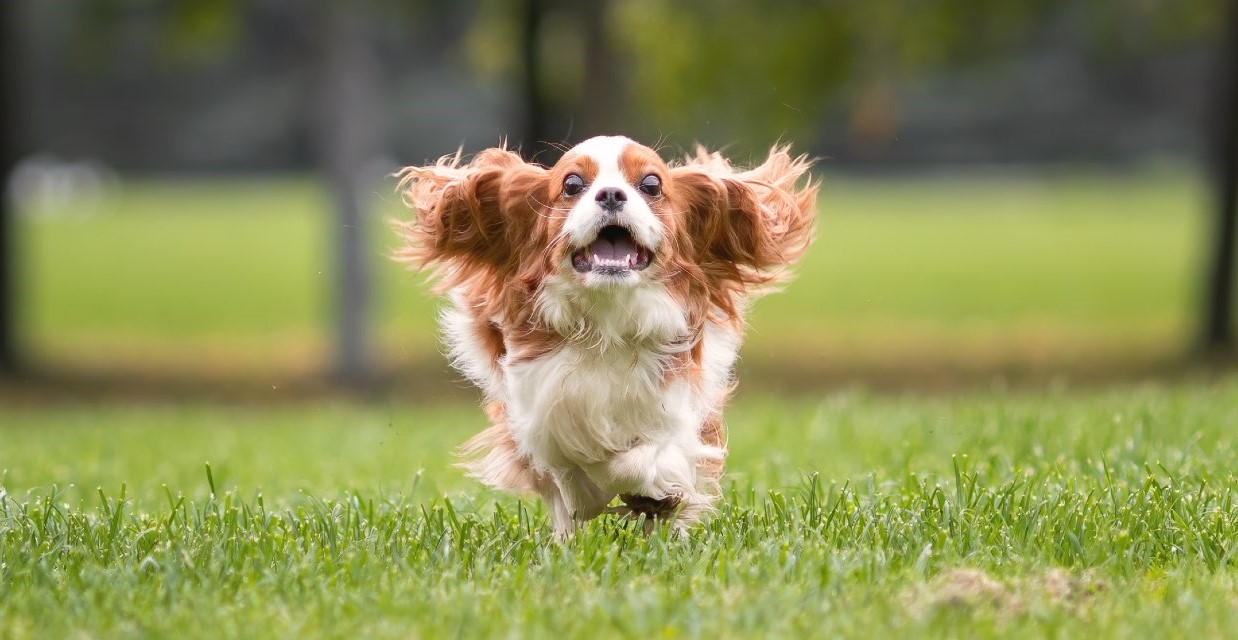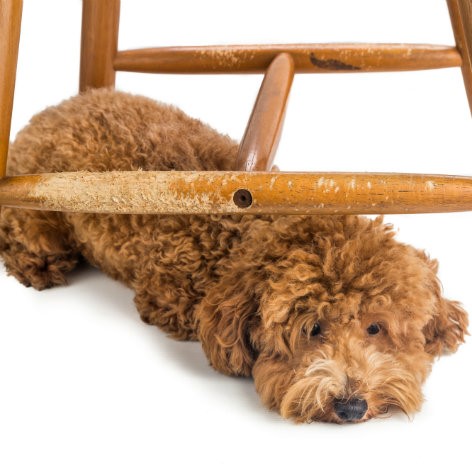A reliable recall is one of the most important behaviours you can teach your dog. Recall means your dog comes to you when you call them. A reliable recall is when your dog comes to you every time you call them, regardless of where you are or what your dog is doing.
Why is Recall Training Important
Teaching your dog to come when called is important for a number of reasons. Having a dog that obeys the recall means you can confidently take them to off lead areas without worrying that they’ll run away or not come back to you when you’re ready to leave.
Dogs that obey the recall are also easier to keep out of trouble as they can be called away from potentially dangerous situations.
Why do some dogs not come when called?
There are several common reasons why dogs don’t obey the recall. They may not have been taught to recall in the first place. They may have developed a negative association with coming when called. This is usually because when they do come to their owner when called the consequence for the dog is that the lead is clipped on they are taken away from all the fun.
Lastly, a dog may not obey the recall because the environment is way too exciting and they’d prefer to continue to run, play, sniff and explore.
The reliability of the recall typically depends on the level of distraction within the environment. For example, a dog who is lying in their bed in the lounge room is much more likely to come when called because it’s a familiar, low distraction environment. Whereas a dog running off lead with other dogs chasing birds in a new environment is less likely to come when called because the environment is highly distracting and exciting for the dog.
How to Teach your Dog the Recall
Teaching your dog to recall is easy, however it does take time, consistency and a systematic approach.
- The best way to start is in a low distraction environment (e.g. at home) and calling them from a relatively short distance.
- Call your dog by saying their name and the word “come” or choose a different cue.
- As soon as your dog comes to you, ask them to sit and reward them with praise, a high value treat and a pat. Repeat frequently.
Gradually increase the distance your dog has to travel to come to you as the training sessions progress.
Train the recall in different rooms and areas of the home such as the front and back yard.
If your dog is succeeding you can progress to using a longline lead in a fenced off area like a local sports ovals. Next, practice the recall off lead starting in a low distraction environment when there are not too many other people or dogs nearby. Eventually you can work up to training in a higher distraction environment only progressing through the stages if your dog is succeeding at the previous level.
In order to get a reliable recall, where your dog consistently obeys, you need to make coming to you when called the most rewarding behaviour for your dog so they always choose to obey.
That means continuing to reward them on and off even after they’ve learned the recall to maintain the behaviour.
It’s important to acknowledge that even if your dog has a fantastic recall, there’s no guarantee they will always obey the recall. Sometimes a situation or something in the environment will frighten dogs (e.g. a car backfiring) or be too exciting and interesting (e.g. a rabbit hopping away) which outweighs the reinforcement they receive from coming when called. For these reasons, care should be taken when deciding when and where to let your dog off lead.








